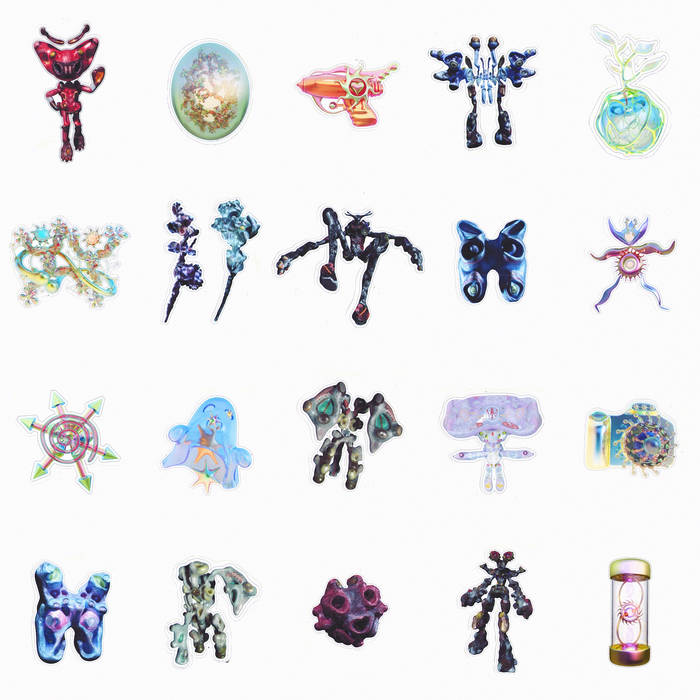There is certainly a canon of videogame soundtracks, much as its cinematic cousin may overshadow it: Gustavo Santaolalla’s lonely, foreboding guitarwork for The Last of Us (2013); Akira Yamaoka’s Silent Hill (1999) infused experimental and abrasive electronics with featherlite melodies, like the best of Aphex Twin’s Druqks (2001); Trent Reznor’s very Trent-Reznor-sounding Quake (1996); Yuzo Koshiro’s 16-bit clubtracks for Streets Of Rage 2 (1992); et cetera.
The Brazilian artist Lyzza’s contribution to visual artist Gabriel Massan’s Third World: The Bottom Dimension – on show last year at London’s Serpentine Gallery and currently at Pinacoteca do Estado de São Paulo – is a deserving inductee. The gallery text describes Massan’s collaborative project as a videogame exploring the ‘Black Brazilian experience as it intersects with the ramifications of colonialism across physical and digital realities’. Though the upshot of such a game can, in one sense, be parked: Lyzza did not write for the game, in the sense of a score; all she had were the research materials and references that Massan gave her while in development.
And anyway, what we know of the game we hear in the music: a thrilling confluence of cultures, reclaimed from their extraction in the Western mainstream; an impression of futurity through synthetic instruments and an achieved otherworldliness; a feeling that there is less a story to tell than a feeling to communicate, or a shape to sketch. ‘STAR CROSSED’ has the march of reggaeton, Lyzza’s kick drum practically thrumming with resonance. ‘BLOODFLOW’ is a tense, maddening masterpiece: over eight minutes, Lyzza’s tempo steadily increases, folding in breaks percussion and compressed claps, then ascending into high-octane double-kicks, only to later collapse into a half-time, post-dubstep heap. ‘LEARNING MEANING’ is similarly dizzying in scope, inaugurating us first with dark Detroit-school techno, which then dissolves progressively into tape feedback, a wafer-thin wandering piano line, and a phrase of sugar-high synth bleeps set to downtempo tabla. Unmissable too is the hauntalogy of ‘BOTTOMLESS DIMENSIONS’, evoking Burial, Kode9 and the Ghost Box label’s output: that euphoria of synthesized chords clouded in echo and low-pass filtering.
It’s all so ambitious, so lavishly imagined. But despite the expansive imagination of this world, Lyzza achieves something more fundamental: capturing in sound the essence of videogames, whose ultimate method of storytelling is play. That reality, in short, is what holds Third World together.



